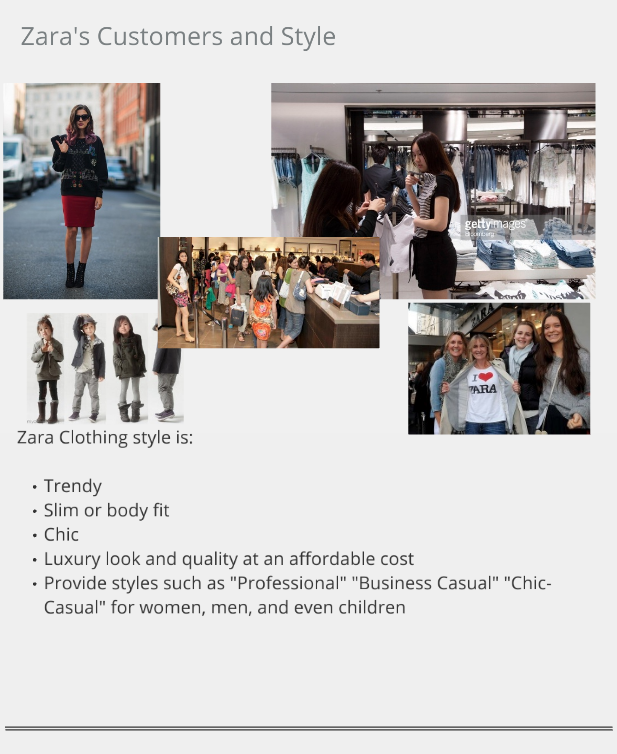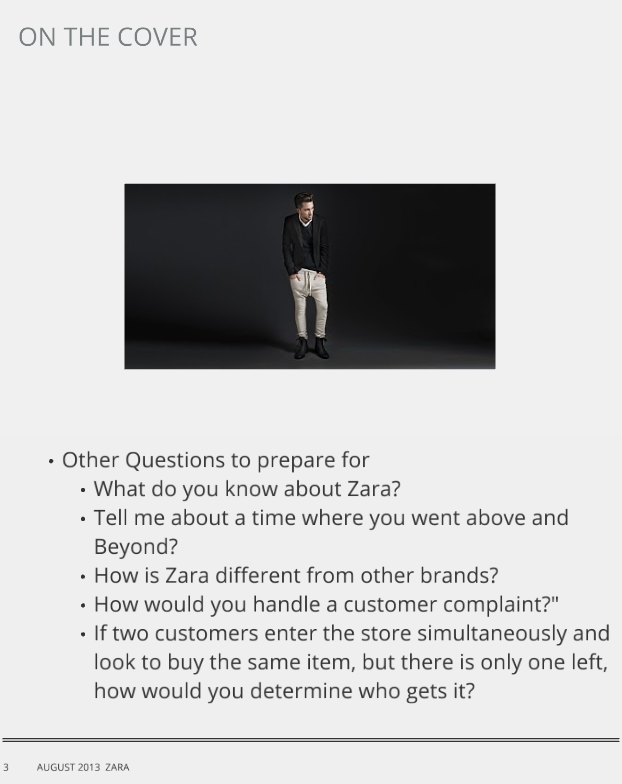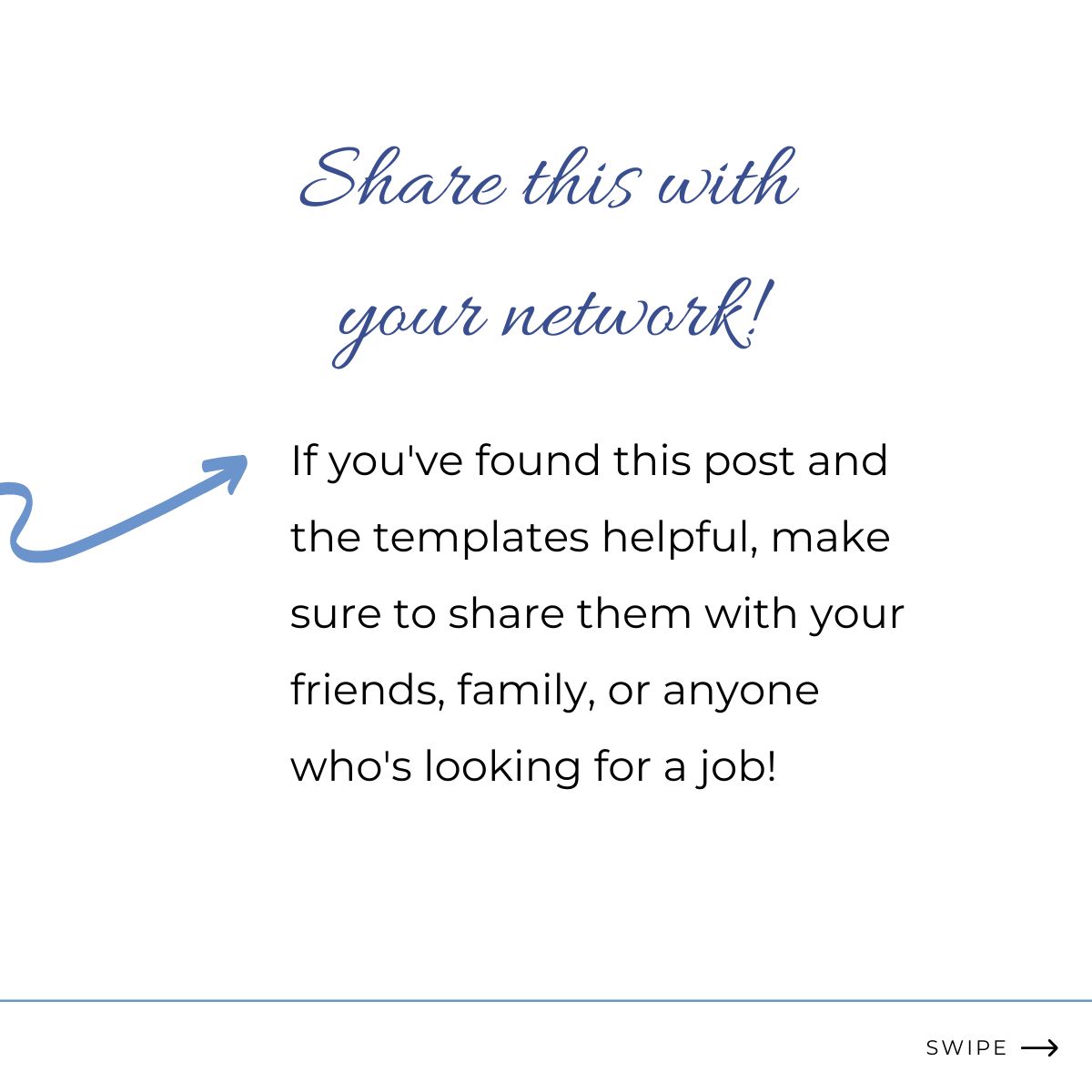During the interview process, there are many ideal competencies and traits that Spectrum is looking for. Spectrum likes their employees to be great communicators, problem solvers, adaptable, detail-oriented among others, enthusiastic efficient and don’t forget – technologically savvy! These are what make a successful employee at Spectrum.
Spectrum’s Talent Acquisition Senior Recruiter of 15 years in the Greater NYC area speaks and shares his 9 tips in this article to job seekers.
When preparing for that interview, a hiring manager typically reaches out to Talent Acquisition and asks to schedule an interview. In most cases nowadays since 2020, that interview will most likely be virtual instead of being in person. This scenario is becoming increasingly more common. Nearly 75% of executives use real time video to interview their leading candidates and 50% of them leverage it to narrow down their applicants. The process enables employers to open up their talent pool to interview candidates who live all around the globe, and not just the ones who live down the street. It also cuts down on traveling expenses.
So with that virtual interview or video interview, well it’s a normal job interview that leverages video technology where a lot of conversations take place remotely. So rather than meeting face to face, the manager and the candidate are going to connect with each other online using video softwares. The tools typically required for these types of meetings involves a computer, a built-in external/internal video/camera and a microphone, a reliable internet connection (try not to do it wirelessly because most of the time that won’t work very well), and headphones if desired.
So generally a video interview follows the style of a traditional in-person interview. Here’s going to be a few key considerations to keep in mind:
- For perspective employee, try to make that pitch by a video conferencing software such as Skype, Zoom, Google Hangout. It may be a bit daunting, especially if you are not accustomed to it.
I will give you 9 virtual interviewing tips to reduce the stress, aid in helping you stand out of the crowd, and in the end hopefully help you land a job – whether that is with Spectrum or with another company, these tips still work.
1. Test your technology. The minute you agree to a virtual interview, you need to ensure that you test your technology and ensure that you are set up for success. You want to also check your internet connectivity, you’re going to confirm that your camera and microphone is working. If the picture is blurry or you’re experiencing an echo, you might need to buy a different webcam, you might need to not use the computer’s built-in microphone – but use the speaker phone instead or a separate phone. So this is going to be hard to do 5 minutes before so you don’t want to wait until the day of the interview to figure it out. Most computers these days will allow you to use the audio and video connection. Some of them, will have a choice of using just one single device for this video and the audio. But when you have the option to use separate devices, that is the option you ought to take (one phone for the video portion and one phone for the audio portion – like a phone, laptop or tablet).
Of course in some instances, you are able to just only use that one single device but that’s only going to work if everybody is on the same network – for example, if you are doing internal interviews. But when everyone is on separate networks, the best practice is ensuring you don’t lose the connection altogether – if you prefer to use separate devices.
Here’s a note to keep in mind. On the day of your virtual interview, you will also want to test your internet connection again even though you tested it a few days before. Make sure you do it on the morning of.
Being technologically savvy is one of the 10 traits that employers are going to look for. If you come onto the virtual interview fumbling around with your audio or your lighting during the call, you’re giving the hiring manager a reason to question if you’re the right candidate for the job. Make sure you do not only test it beforehand, but on the day of, you’re going to test it again.
2. Be aware of the surroundings. You’re going to set the scene, minimize the amount of distractions while testing your technology, determines where the interview is going to take place. You want to find a room with optimal lighting, preferably near a window or a wall. Somehow, you’ll be able to guarantee that you are the focal point of the conversation. So the best practice in relation to lighting is to simply set up a bright light that is focused on your face. This should at least as bright as or be brighter than the background behind you. Therefore, this will help you and your personality stand out. It will minimize the background. Also, if you are using window lights as the light changes, because sometimes it gets very bright and sometimes it gets very dark – where in some cases it will cause your camera to start struggling and it will become a distraction to the interviewer instead of the help you thought it might be. Choose the lamp effectively.
Whether you sit on your living room couch or home office, be sure to tidy up your surroundings. It is hard to convince the employers that you are detail-oriented or you are organized, when they are looking behind you and they visibly see papers all over your desk. This might sound remedial, but trust me – as a recruiter, we see this all the time. You need to think, sit in front of your computer and look at yourself and behind you – what the hiring manager will be seeing in the background.
Once you have all of that settled, you are going to want to limit your distractions. This means turning off the TV, turning off the stereo, closing any nearby windows just so you can muffle traffic and neighborhood noise.
3. Sit down and be prepared to engage. Just because you’re in front of a computer, doesn’t mean you can search the web for answers in a middle of an interview OR avoid to start clicking around when a hiring manager asks you a question. So you want to appear focused and ready to answer the question without the help of the internet. No one wants to think that you are cheating on your answers. Trust me, it happens.
You want to do your research on the company ahead of time before you sit down. Print out a copy of your resume and have it near by so you don’t get the key talking points that you want to bring up. However, as with any interview, you’re going to come prepared with answers to any coming questions. This isn’t particularly an interviewing conference call, but there are some that you are going to know how to answer. For example, “why are you interested in the role?”, “what do you know about the company that you are interviewing with?”, “what do you consider your greatest weakness?”, “what do you consider your greatest professional achievement?”, “tell me about some of your challenges and how you dealt with them”, “what are you looking for in a new role and why are leaving your current role?”
The key here is, you want to avoid memorizing each response. That’s not engaging. You don’t want to over rehearse. Instead, write some high level thoughts down on a post-it and stick it to your computer. So being aware of how far your eyes are moving from the screen, because if your notes are far away, it will appear that you are searching for your answers and reading them instead of engaging in that dialogue.Note that you don’t want your notes resting on your lap or from a place where you want to look far away from the screen. In that case, it is going to come quite apparent that every time you are answering a question, you are looking away from your interviewer for an answer. Of course, that is not a good plan.
You want to come prepared and engaged. And how do you engage? You will do that by practicing our next tip below.
4. You have to come mentally thinking about this being a “dialog”, not something that is memorized. So you are going to have to practice. Practice on your dialog that you will have with your interviewer. Don’t focus on trying to memorize all of your anticipated responses. You’re not going to get all of your questions asked anyway. When you have an interview, you want to have a good conversation. Not rehearsing the points that you memorized, because you are going to sound like a robot throughout the interview, whether you are answering, asking or even giving your quick elevator pitch. It is easy to tell that you do not sound genuine.
It is a good practice to run through a practice with your friend. Pull your family members in and have that conversation. This is going to give you a chance to rehearse with different personalities since each person will be asking you a question or answering you a bit differently and it will throw you off so that you will be more ready when you begin to interview with your employer.
So while you are practicing your interview with your friends and family, it might seem a little awkward. But one of the keys that will benefit you from doing that though is you will have a safe atmosphere where it is okay to make mistakes. You can learn from them. You may not have answered the way you thought you should have or you didn’t come across the way you anticipated. That’s where you can hone in your interview skills so that you are better prepared for the real thing.
It is really important that when you are interviewing, you’ve got to keep it really simple. You don’t want to feel like you have to give a long-winded answer if a short answer will do. You won’t know that until you practice some of those answers. So being able to be clear and concise is the most important thing that you are going to need to do in a job interview. So a great answer will always tell your interviewer at least 3 things. Every one of those answers put it on the back of your mind. That answer ought to say what you did on the job. You don’t want to say how well you did what you did on the job. And the very important one you ought not to leave out, because most people do, is your answer ought to tell what was the impact of the action you had on the business or project. So what you did, how well you did it, and the impact it had.
When you prepare those types of answers and you are able to give them freely without memorizing them, or at least not sounding like you memorized them, now you are ready to have a dialogue with your interviewer – and not just a rehearsed, memorized set of answers.
Well that in fact, brings us to our next point. First impressions still count, even in a virtual environment. In with that in mind, there will be 2 tips that I’m going to mention.
5. Monitor your body language. Obviously, you can’t firmly shake a hiring manager’s hand or easily exude enthusiasm through the video, but what you can do is monitor your body language. The main way to communicate confidence during these interviews; well, you’re going to sit up straight, you’re going to smile, you’re going to keep your camera at eye level. You want to avoid the tendency to look at yourself on the computer monitor while you talk. I would suggest you put your computer/laptop on a box so that your eyes are right on the center of the screen and you’re not looking down on yourself, or having to look far up because research shows that employers are more likely to remember what you say if you are maintaining eye contact. So you want to keep your focus on your camera when you’re talking – not looking at the hiring manager. The time when you look at the hiring manager is when he/she is talking.
This brings us to the 6th tip here. You gotta make those first impressions count.
6. Dress for success. So you might be sitting on your bed, but you shouldn’t look like you just rolled out of the bed. You want to dress like you’re going for an in-person interview. Just because a person can’t see what you are wearing from waist level, that doesn’t mean you shouldn’t do your best to dress. For men, you’re going to wear a button up shirt and dress pants. For women, you might want to consider a dress, skirt and/or a blouse. Besides not knowing if for some reason you’re going to have to suddenly stand up in the middle of an interview, well professional clothing will show that you are serious about the job.
Well, there are personal benefits as well. Studies show that people feel the most authoritative, trustworthy and confident when they are wearing formal business attire. So when you feel good about yourself, it is easier to execute a lot of these tips especially our next one.
7. Connect on a Personal Level. You never know how many interviews a company may conduct for a position. You may be at a long list of people that the hiring manager or recruiter spoke to that day. That’s why it is important to make that small connection. So don’t be afraid to have a short aside about a common interest when you’re in an interview. The recruiter or hiring manager might enjoy the break from the routine questions that they have gone through that day.
You and I know that it is not easy to connect with everyone, but it is a crucial part of the interview. Don’t be afraid to share about yourself or connect about that one thing you discovered that you both like. Take a moment and touch on it, because you want the interviewer to be able to remember a story you told or a common interest that you both share. That is one of the best ways to prevent you from simply blending in with everyone else who came in and interviewed for the same spot.
Trust me, these little tips are what we as recruiters go through each and everyday. We trust that that investment in your time and you will be able to remember these. Use them on yourself and you will see the difference in your own interviewer.
Now, making that connection will really come from a predetermined mindset to employ this next to last tip.
8. Be Yourself. The hiring team is essentially looking for the interviewee to answer 2 major questions. The whole point of the interview: 1) Can you do the work that they need? But guess what, there’s another side. 2) Will you be able to fit into the company culture and department that the hiring manager has as well?
A key task for the recruiting and hiring team is in determining whether in fact, yes – you can do the work, but how will you fit in the team/company’s culture? This can be challenging during your virtual interview because there’s this physical disconnect. We don’t get to see your whole body and we don’t see how you reply to every question, or are your feet moving around a lot, or are you twirling your fingers. We don’t get to see a lot of those verbal or visual cues that helps to go along with your comfort level. So it’s more difficult for your interviewer to understand your enthusiasm or screen them, so make sure that you are more expressive when you are answering the questions.
If you want to use your hands, you may want to do that freely. Let your expressions be bold. If you are a more of a straightforward kind of person, be sure that you’re using those active listing techniques so that your dialogue is free and flowing between you and the interviewer.
Some people are great interviewers. They’re going to be able to tell your vibe. They’re going to be able to tell if you’re going to fit the company culture right off the bat. With that being said, you want to be able to walk away and give your interviewer a reason to push you to the second round of the interview, by shining a light on how you can help the organization grow.
This begins with not just with can you just do the work, but can you fit into the company culture. They are not looking for a robot. They are looking for you. So be sure that you are being yourself on these interviews.
This is going to lead us to our last point.
9. Don’t forget the Professional Graces. As soon as that interview is done, you’re going to do some immediate follow up within at least 24 hours of the interview. You’re going to send an individual Thank You Email to everyone you met. Sometimes they don’t provide you with that information so you should send that Thank You Note to your recruiter and they will forward it to the leadership team. But, make sure you’re taking that extra step.
Put it in a Word Document so you can upload it to your profile so the next recruiter can see that you’re communicative and that you possess those professional graces. It’s not only going to show that you valued your interviewer’s time, but it’s going to give you the opportunity to resell yourself and express your unique traits that you can bring to the role, or share any talking points that you forgot to address.
If there was something specific that you have bonded over during the interview, you want to mention it briefly and follow up in the Thank You Email so you can keep it on the top of your mind.
Or, if the interviewer brought up a particular business challenge, you’re going to use that to follow up; as a way to propose that potential solution – saying something to the affect of: “It was fantastic to have met you today and I remembered one of the challenges that the business had was ITEM A and here’s what I have done in the past that I can do to help.”
You want to keep the email concise of course. It is not a paragraph. You want to just leave a short note and leave a lasting impression, not one that will immediately end up in the circular file because it was too large or too long.
These are the key tips that we as recruiters have seen either in people that are not employed OR employed effectively. It helps them stand out and be remembered. They bring the right successful profile, but if they’re not able to get the hiring manager to remember it, then that becomes a challenge.

























